Top Real Estate Investing Books For Beginners
In our age of Tik Tok and Instagram Reels we can easily forget about books. People have been relying on them for years to lay out cold hard facts and craft compelling stories, and the real estate investment industry is no exception. So much ink has been spilled on real estate that it can be hard to know which of the many real estate investment books are worth your time. Let us help you by offering our picks for the best beginner real estate investing books.
The Book on Rental Property Investing by Brandon Turner
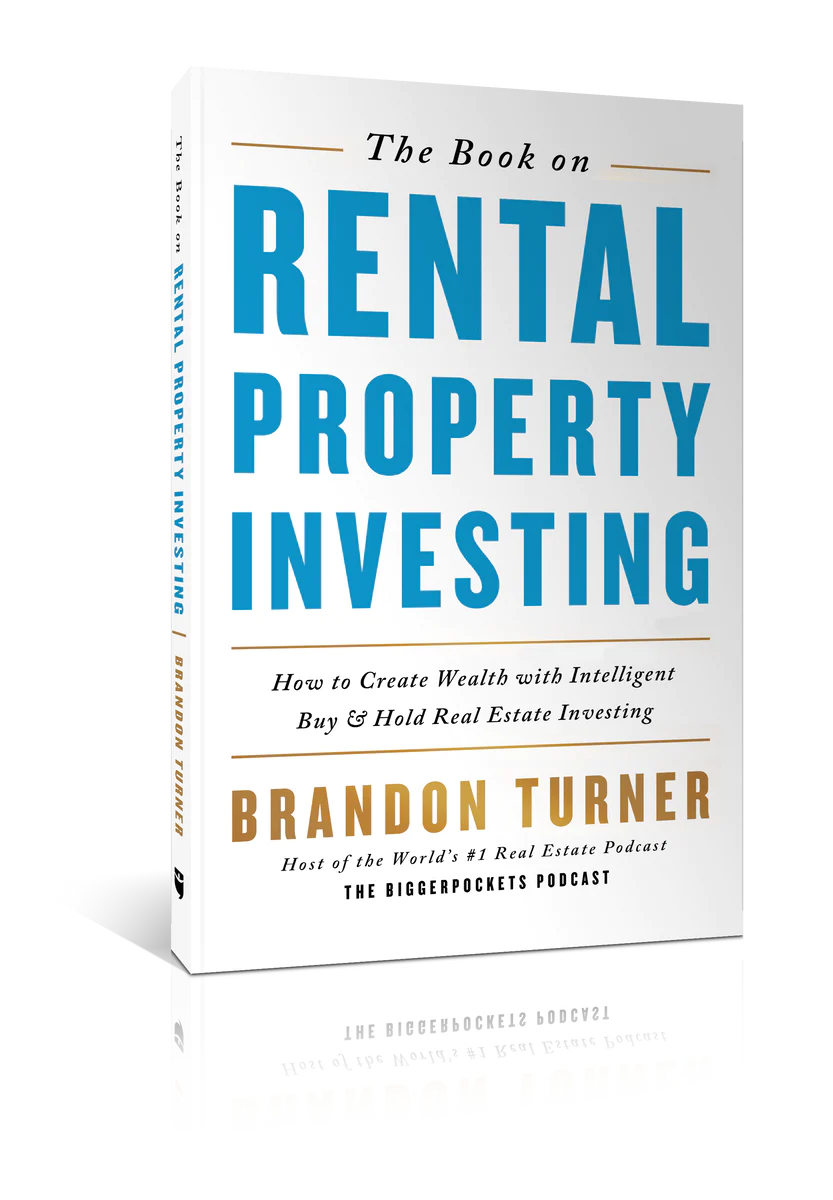
Brandon Turner makes our list yet again. Brandon is the guy to call for any real estate investor and is a regular content contributor to BiggerPockets, a massive online network of real estate investors. He is also the former host of the BiggerPockets podcast, a podcast with over one hundred million downloads.
Turner recently started Open Door Capital, a new real estate investment company. Open Door Capital boasts a portfolio of over three thousand multifamily units consisting of mobile home parks and apartments. Turner has published his wide range of real estate investment expertise and experience in several books.
A great place to start is The Book on Rental Property Investing, which has sold half a million copies worldwide. In this 400 page book, Brandon covers practical dos and don'ts for real estate investors looking to buy rental properties.
Brandon looks at finding real estate deals, confidently managing properties, leveraging tax breaks, securing financing, and other key information for aspiring rental property owners. This book is a fantastic guide for anyone looking to directly invest in real estate. It is part of a series that Brandon has written on the topic. Other books in the series include:
- The Book on Investing In Real Estate with No (and Low) Money Down
- The Book on Managing Rental Properties
- The Multifamily Millionaire
Mastering the Art of Commercial Real Estate Investing by Doug Marshall
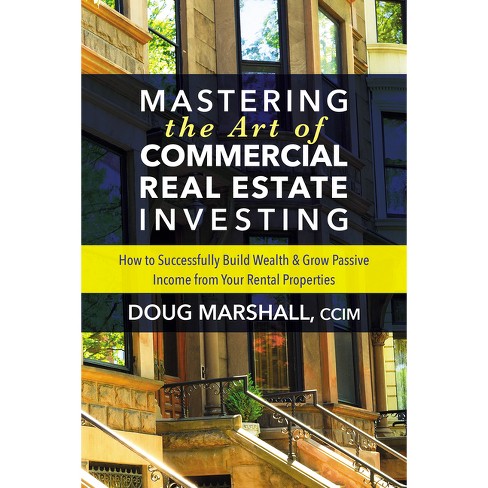
If you’re in a position to start investing in commercial real estate, this book should be a go-to for you. Marshall spells out six laws of commercial real estate investing that are helpful for understanding how to invest in this asset class.
His book also gives readers tools for determining the ideal loan for any potential investment properties, commercial property management tips, and advice on when to buy and NOT to buy properties. This book is geared towards someone who is familiar with the real estate investment world. Still, the newbie investor can still learn a lot from this book, and the appendices are very helpful for explaining financial jargon and tough concepts.
The Millionaire Real Estate Investor by Gary Keller
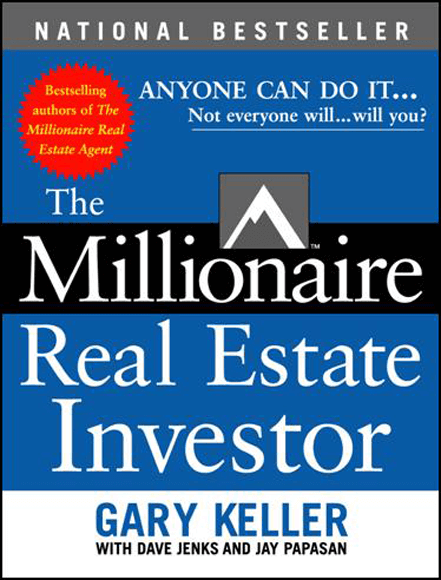
Keller picked the brains of more than 100 millionaire real estate investors to write this comprehensive guide on building wealth through property. Anyone who is looking to build long-lasting wealth should read this book.
Keller not only spells out strategies and resources for building real estate investments, but wealth in general. This book busts money and investing myths and gives deal tips, transaction advice, and tested strategies millionaire investors use to track their wealth.
This book is a bit of a throwback—published in 2005-but while forms of wealth may have changed, the fundamentals of building and keeping wealth are the same. Keller’s book is an excellent reference for these fundamentals.
The Intelligent REIT Investor by Dave Thomas
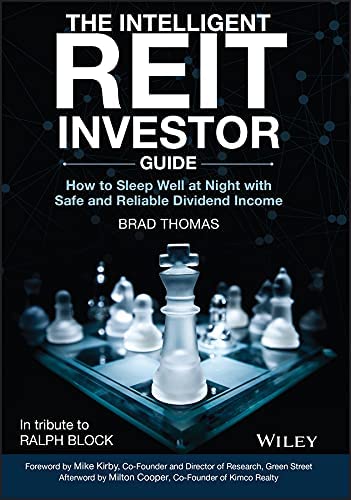
REITs are a must for any real estate investment strategy in 2022. Check out these blogs to learn more about them. Also check out Dave Thomas’ book, The Intelligent REIT Investor.
From the basic facts of REITs to the nitty gritty, this is a go to resource on REITs. Thomas covers the basic mechanics of REITs, compares REITs’ performance to other asset classes, and explains the different sub sectors within REITs.
For the beginner investor, this book is a fantastic REIT introduction and reference. Thomas gives a straightforward, easy to understand explanation of how REITs turn valuable brick-and-mortar assets into sustainable, regular flows of cash to you, the investor.
Real Estate Investing Gone Bad: 21 True Stories of What NOT to do When Investing in Real Estate and Flipping Houses by Phil Putejovsky
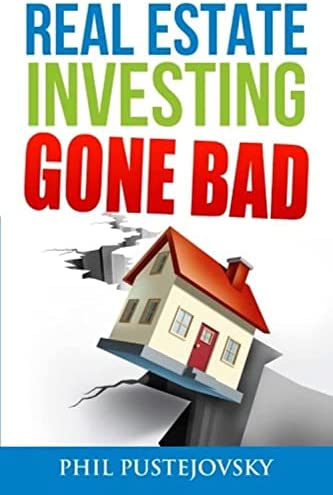
If you know anything about us here at Reiturn, you know we love real estate investments. Real estate is a steady investment anchored in physical assets that have dependable value. Even so, there are ways new real estate investors can go wrong with their investments. And if you want to break Murphy’s Law (what can go wrong, will go wrong), you should read this collection of cautionary investment tales.
How to Invest in Real Estate: The Ultimate Beginners Guide to Getting Started by Brandon Turner and Josh Dorkin
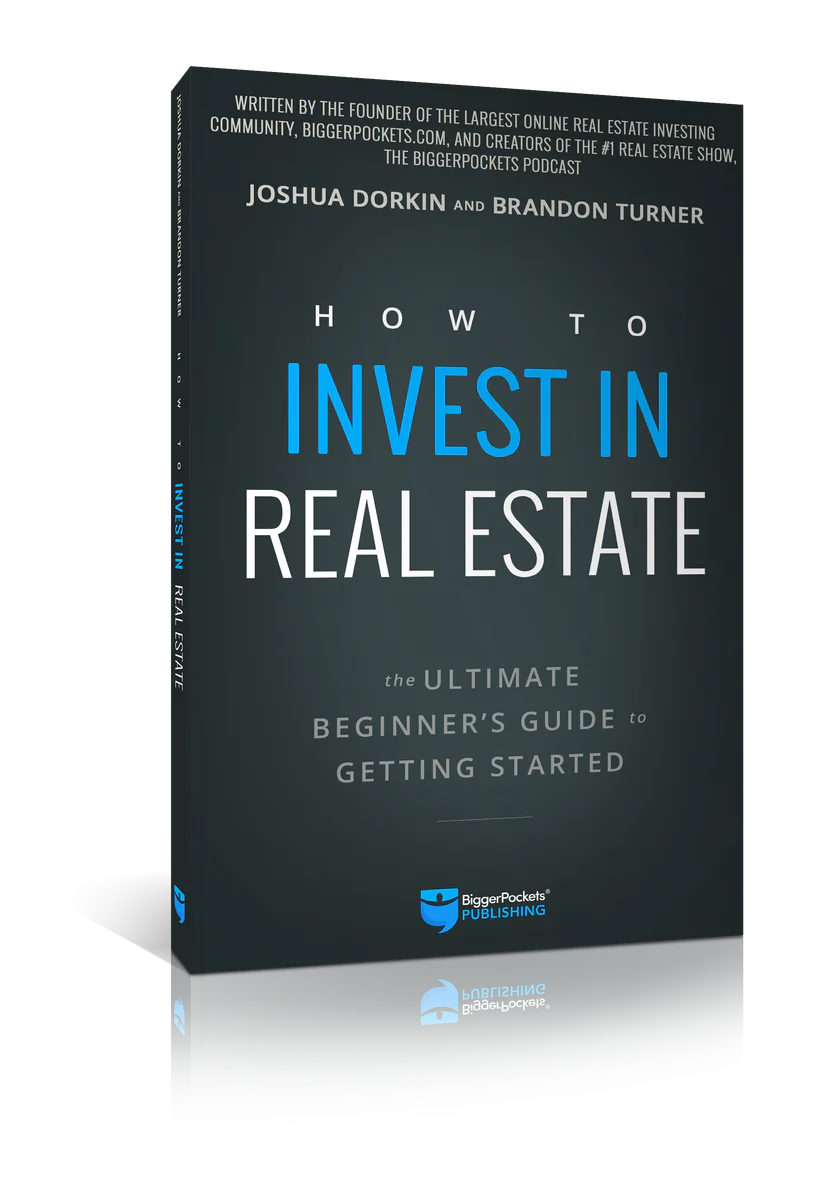
Brandon Turner teams up with his old BiggerPockets podcast co-host Joshua Dorkin to deliver a concise, practical guide to the new real estate investor. Their book offers a clear explanation of several real estate investment strategies: house flipping, wholesaling, short-term rentals, turnkey investing, BRRRR investing and house hacking.
Geared toward any kind of investor, this book has investment advice for those who have a full-time job, no money, or poor credit. Side hustle advice is also present with tips for earning more in your current job or through side projects.
Dorkin and Turner draw on many stories from their podcast to illustrate real estate investment principles in this book. These stories help readers understand what it's like to have skin in the real estate game, not just the head knowledge of cap rates or tax code.
Conclusion
If you want to jumpstart your real estate investment journey, check out these books. And fortunately for those who don’t want to sit down and turn pages, almost all these books are available as audiobooks or on Kindle. For the latest on real estate investing, stay tuned to Reiturn Insights.
